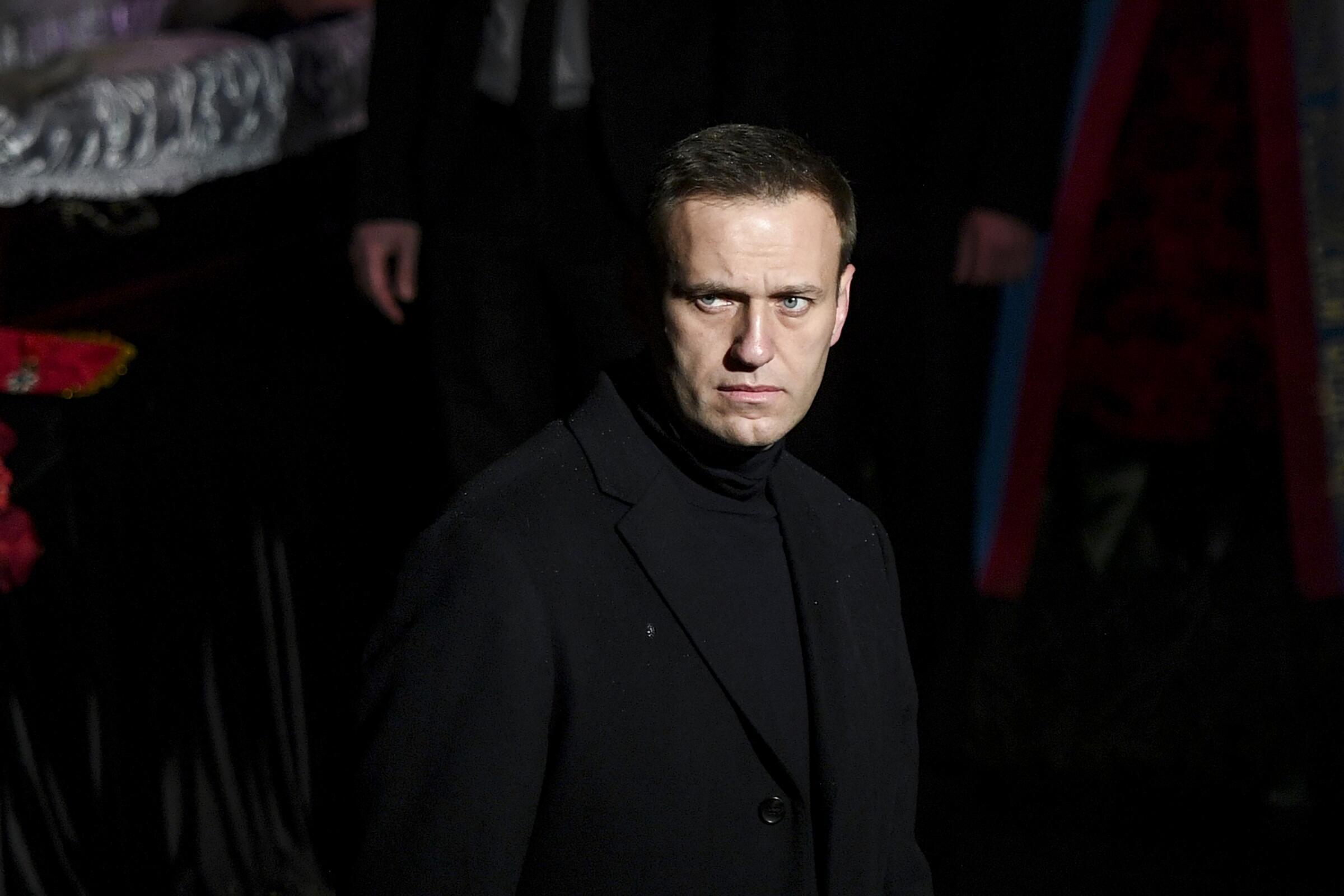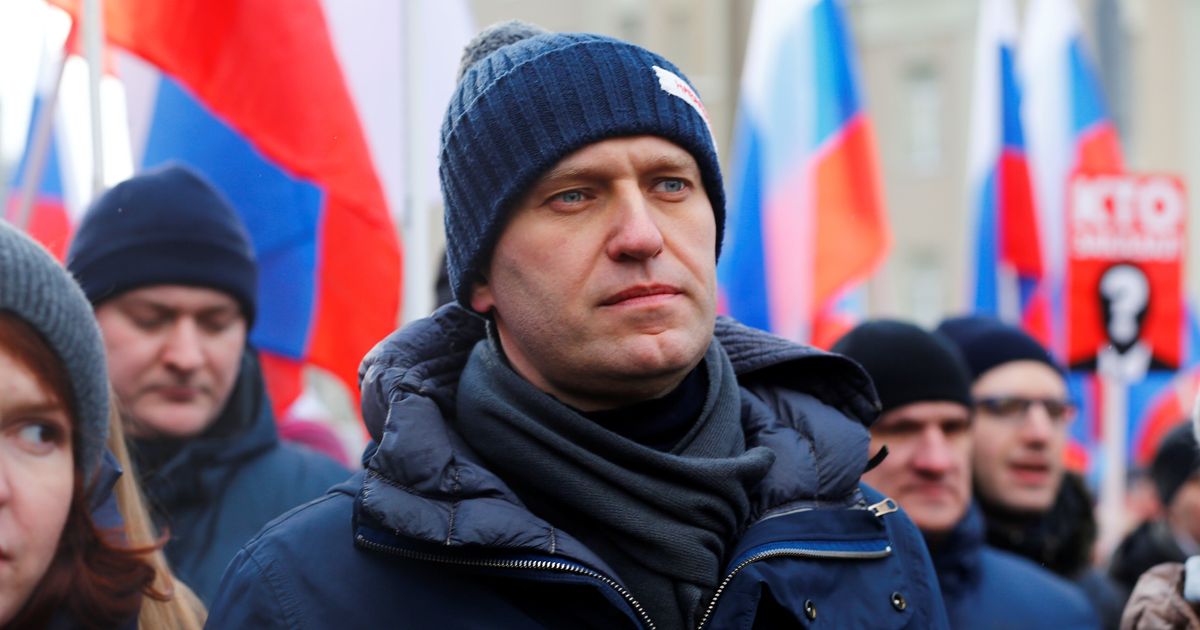Russian opposition leader Alexei Navalny, renowned as one of the most prominent adversaries to Russian President Vladimir Putin, tragically passed away on Friday while under detention in a Russian penal colony situated in Kharp, a city located outside Moscow, as announced by the Federal Prison Service. Navalny, aged 47, was a vocal advocate for democratic reforms in Russia.
According to the statement issued by the country’s prison authority, Navalny suddenly fell unwell during a walk, leading to a loss of consciousness. Despite efforts by emergency services to revive him, they were unable to do so.
Navalny’s spokesperson, Kira Yarmysh, expressed the need for further investigation into the circumstances surrounding Navalny’s death. She mentioned that Navalny’s lawyer was en route to Kharp to gather more information but emphasized that they were not yet able to confirm his demise definitively.

Alexei Navalny (Credits: Los Angeles Times)
The Kremlin, through spokesperson Dmitry Peskov, conveyed that President Putin had been informed of Navalny’s passing and stated that the Federal Penitentiary Service is conducting an inquiry into the incident.
World leaders, including UK Prime Minister Rishi Sunak and Ukrainian President Volodymyr Zelenskyy, have expressed shock and sorrow over Navalny’s demise, with Zelenskyy bluntly alleging foul play.
The Biden administration, represented by National Security Adviser Jake Sullivan, underscored the need for confirmation while hinting at potential ramifications should the reports be confirmed.
Navalny, who had been serving a 19-year sentence on charges of extremism, had been a persistent critic of Putin’s regime. His conviction in August, widely viewed as politically motivated, sparked an international outcry.
Navalny’s passing comes amidst preparations for Russia’s upcoming presidential election, which Putin is widely expected to win. His imprisonment and subsequent death have reignited concerns about the suppression of dissent in Russia and the safety of political opposition figures.
Throughout his tumultuous life, Navalny faced numerous challenges, including poisoning attempts, imprisonment, and legal persecution. Despite the risks, he remained steadfast in his pursuit of justice and democratic principles, leaving a lasting impact on Russian politics.
Navalny’s legacy as a tireless crusader against corruption and authoritarianism will endure, inspiring future generations in the ongoing struggle for freedom and democracy in Russia. He is survived by his wife, Yulia Navalnaya, and their two children, Daria and Zakhar.























